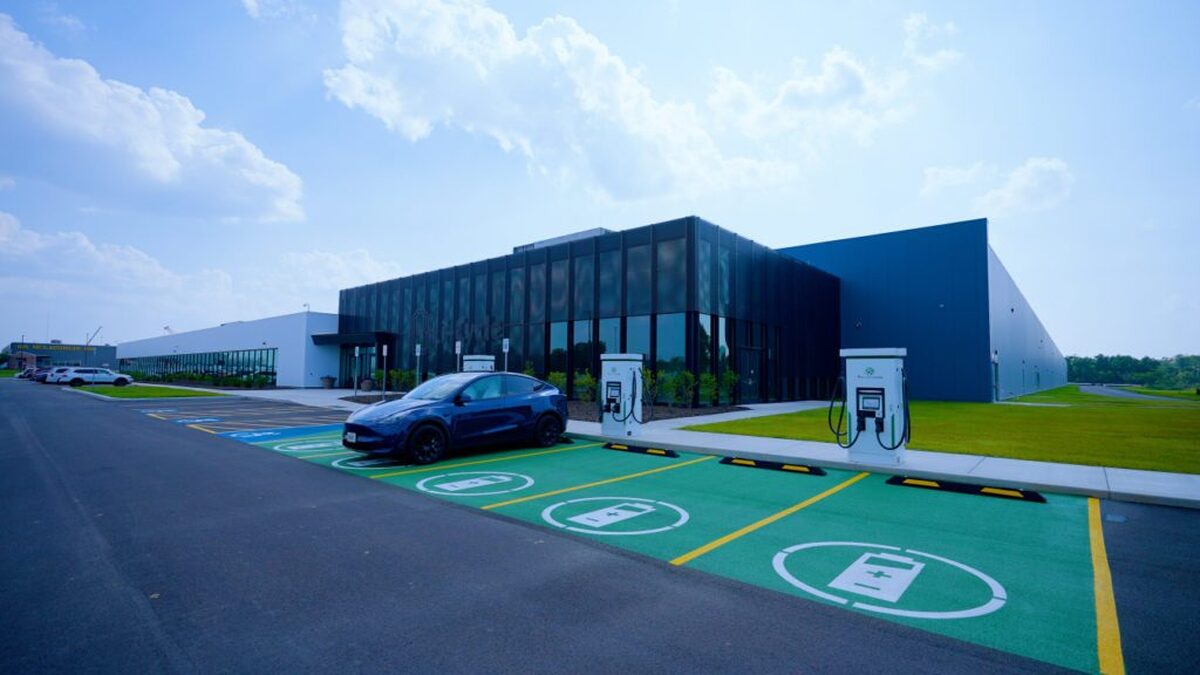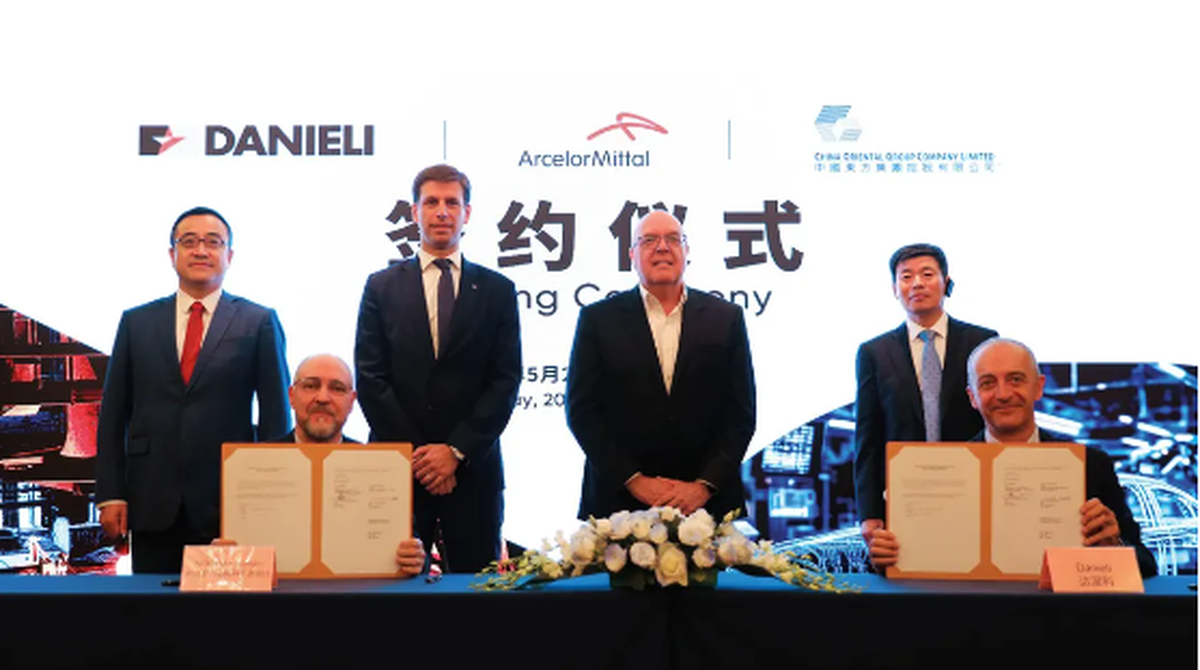
SK’s new EV battery plants face lengthy output ramp-up

New plants in Komarom, Hungary, and Changzhou, China are scheduled for completion by the end of this year and will start commercial production in 2020's first quarter. Each new plant will be able to produce 7.5 GWh/yr of batteries, enough for 250,000 EVs with 30kWh batteries. But SK told analysts on a conference call yesterday that it may take until 2021 for output to reach nameplate capacity.
SK and other battery producers are building new plants to capitalise on rising demand for EVs. But after going through the process of developing new plants, which takes about two years, the companies have struggled to bring yields of their new production lines up to full speed as quickly as hoped.
SK said it expects a relatively smooth production ramp-up at its new plants because they will essentially be the same as its flagship factory in Seosan, South Korea. The company said it will apply lessons learned through the expansion at Seosan last year to speed the start-up processes in Hungary and China.
The two plants will boost SK's nameplate production capacity to 19.7 GWh/yr. The company is building a 9.8GWh factory in the US that is scheduled to begin commercial production in 2021 and a 9GWh plant in Hungary that's scheduled to start up in 2022. More expansions will follow, as SK aims to boost its annual capacity to 100GWh by 2025. The company needs to accelerate production growth because it has an order backlog of 430GWh.
Operating losses from the company's EV battery business narrowed to 42.7bn won ($36.6mn) in the July-September quarter from W67.1bn in the previous quarter as sales increased and inventory costs were reduced.


Trump weighs using $2 billion in CHIPS Act funding for critical minerals

Codelco cuts 2025 copper forecast after El Teniente mine collapse

Electra converts debt, launches $30M raise to jumpstart stalled cobalt refinery

Barrick’s Reko Diq in line for $410M ADB backing

Abcourt readies Sleeping Giant mill to pour first gold since 2014

Nevada army depot to serve as base for first US strategic minerals stockpile

SQM boosts lithium supply plans as prices flick higher

Viridis unveils 200Mt initial reserve for Brazil rare earth project

Tailings could meet much of US critical mineral demand – study

Kyrgyzstan kicks off underground gold mining at Kumtor

Kyrgyzstan kicks off underground gold mining at Kumtor

KoBold Metals granted lithium exploration rights in Congo

Freeport Indonesia to wrap up Gresik plant repairs by early September

Energy Fuels soars on Vulcan Elements partnership

Northern Dynasty sticks to proposal in battle to lift Pebble mine veto

Giustra-backed mining firm teams up with informal miners in Colombia

Critical Metals signs agreement to supply rare earth to US government-funded facility

China extends rare earth controls to imported material

Galan Lithium proceeds with $13M financing for Argentina project

Kyrgyzstan kicks off underground gold mining at Kumtor

Freeport Indonesia to wrap up Gresik plant repairs by early September

Energy Fuels soars on Vulcan Elements partnership

Northern Dynasty sticks to proposal in battle to lift Pebble mine veto

Giustra-backed mining firm teams up with informal miners in Colombia

Critical Metals signs agreement to supply rare earth to US government-funded facility

China extends rare earth controls to imported material

Galan Lithium proceeds with $13M financing for Argentina project

Silver price touches $39 as market weighs rate cut outlook



















